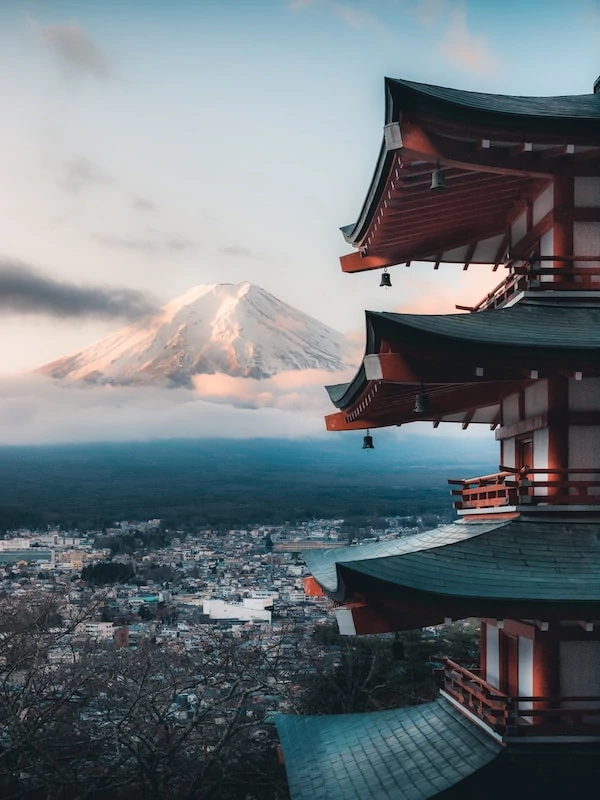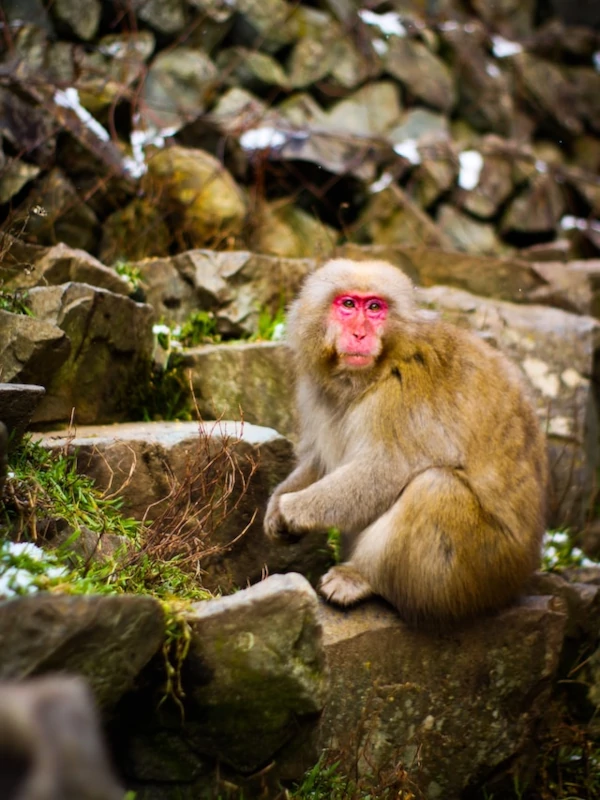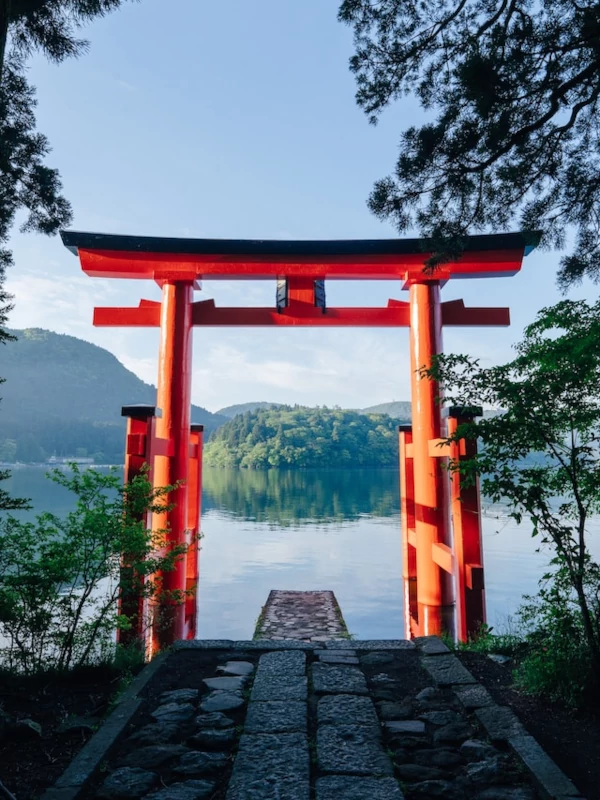One of the park's main attractions is Mount Fuji, Japan's highest peak at 3,776 meters (12,389 feet) above sea level. This majestic stratovolcano is a popular destination for hikers and climbers, attracting adventurers from around the world who seek to conquer its summit. Additionally, the Hakone region is known for its geothermal activity, including natural hot springs known as onsen. These soothing thermal baths are scattered throughout the park and offer a rejuvenating experience amid the breathtaking scenery.
Beyond its geological wonders, Fuji-Hakone-Izu National Park boasts a rich cultural heritage, with traditional Japanese architecture, shrines, and historic towns nestled within its boundaries. Whether you're exploring its natural wonders, hiking Mount Fuji, relaxing in an onsen, or immersing yourself in Japanese culture, this national park offers an unforgettable experience that beautifully blends nature and tradition.








